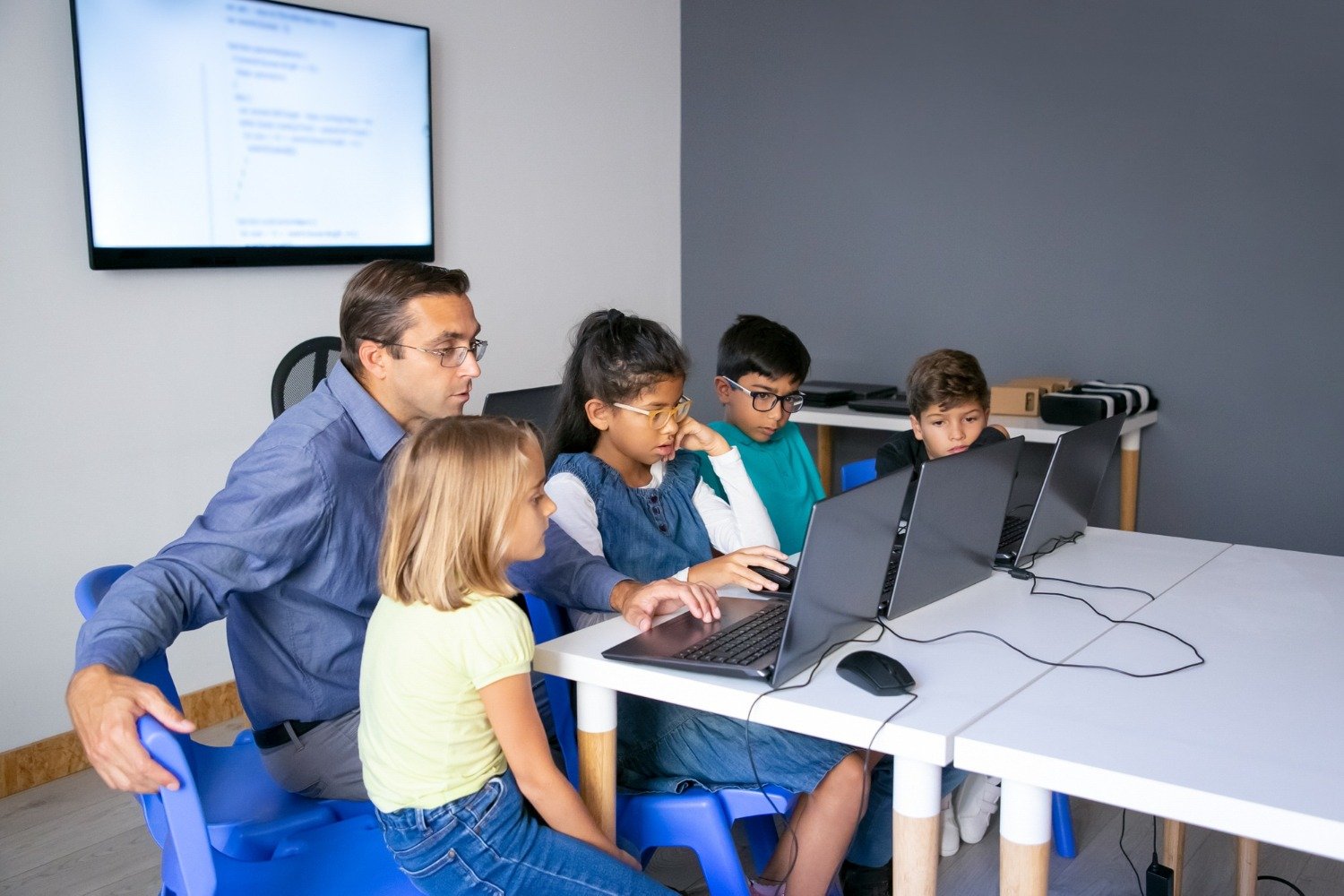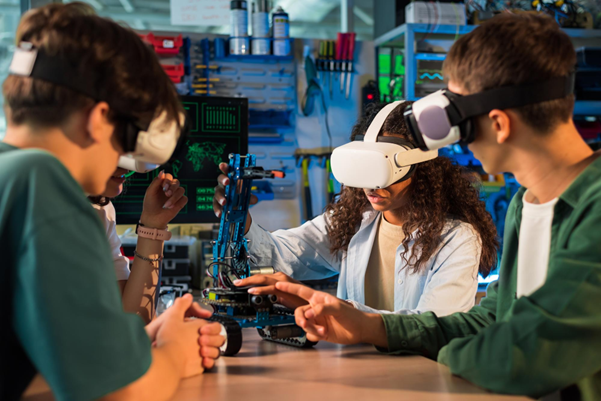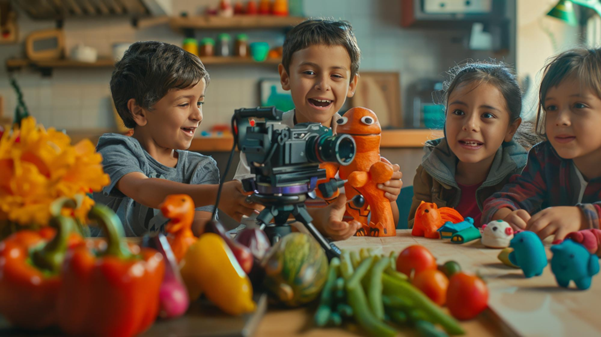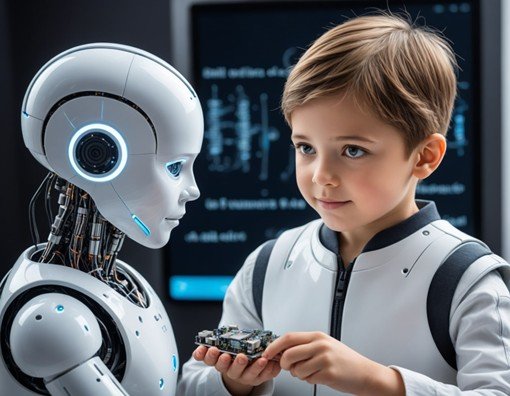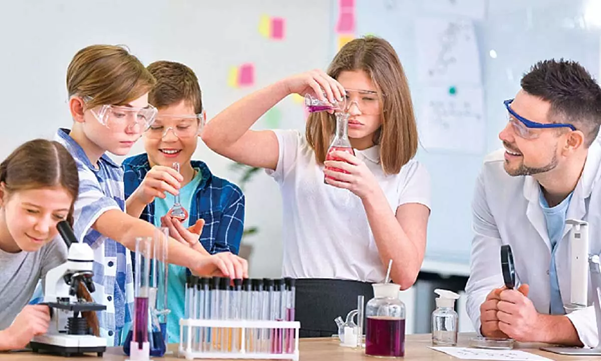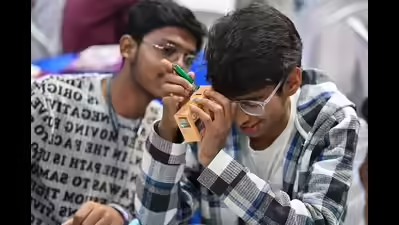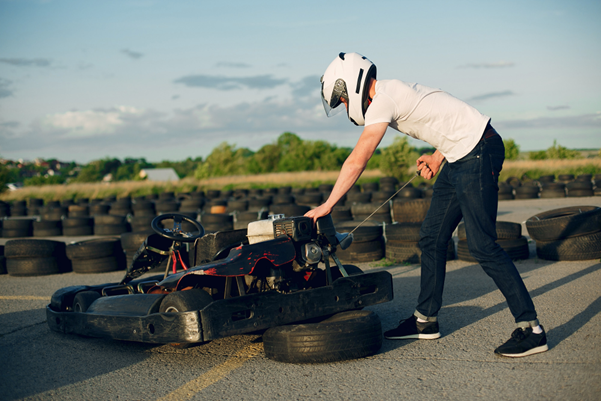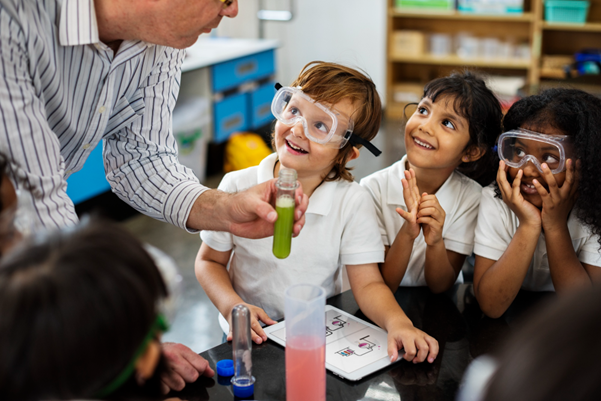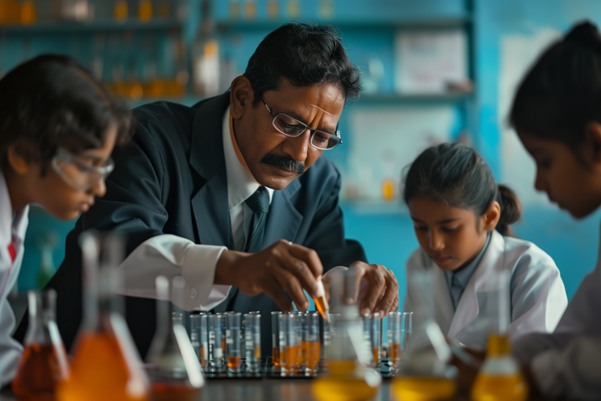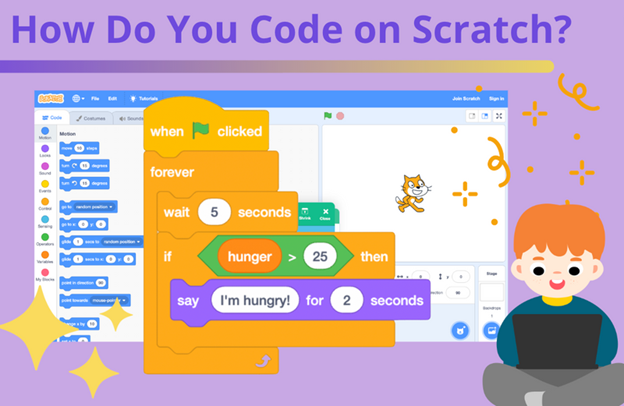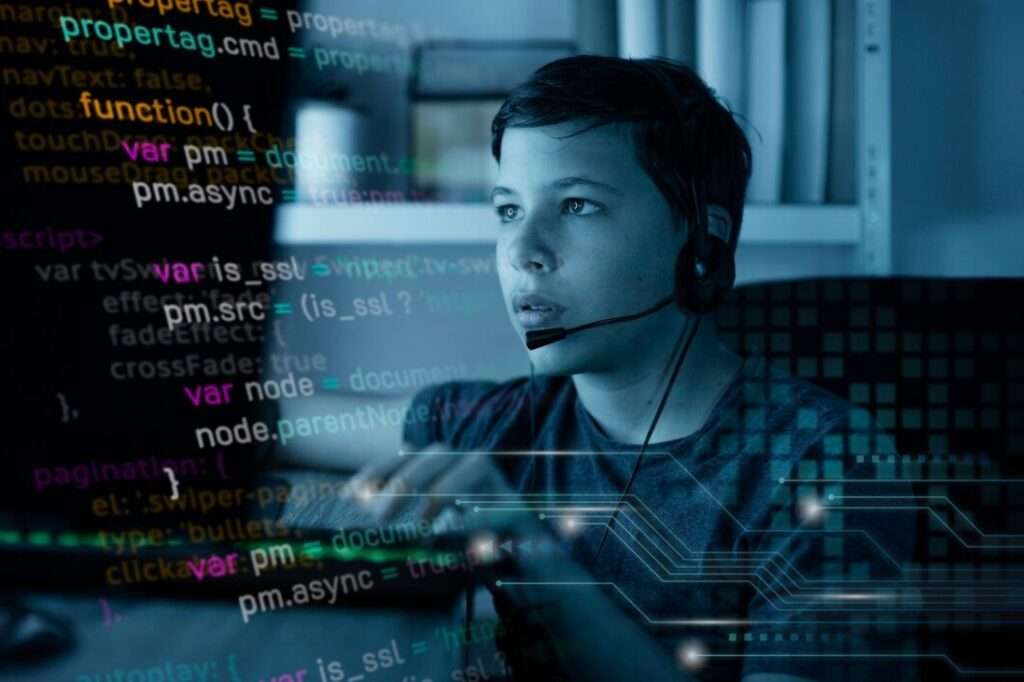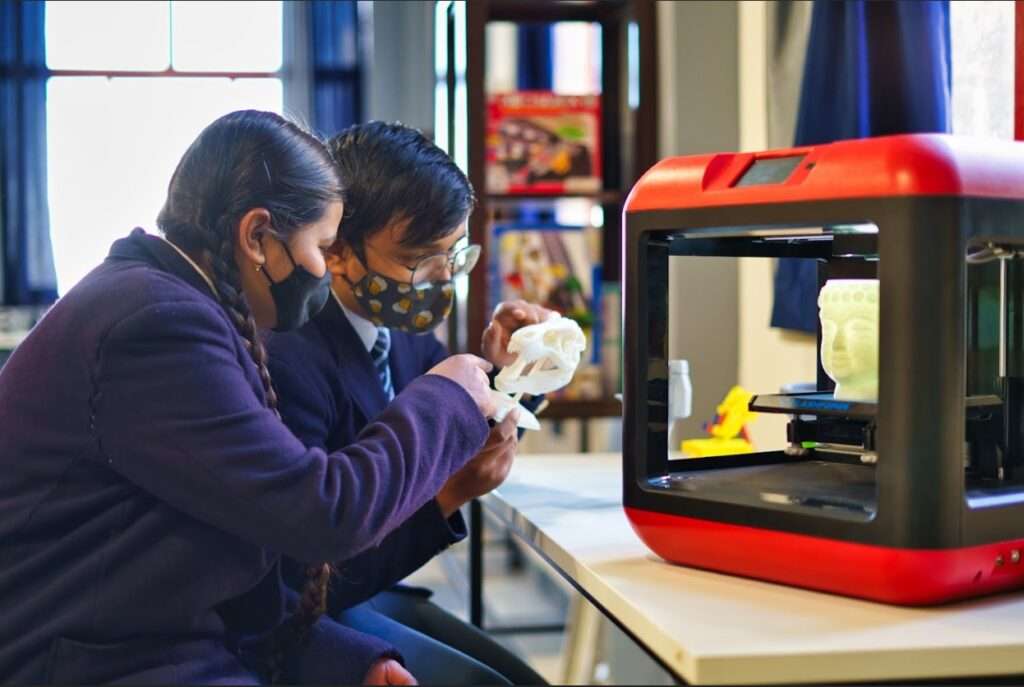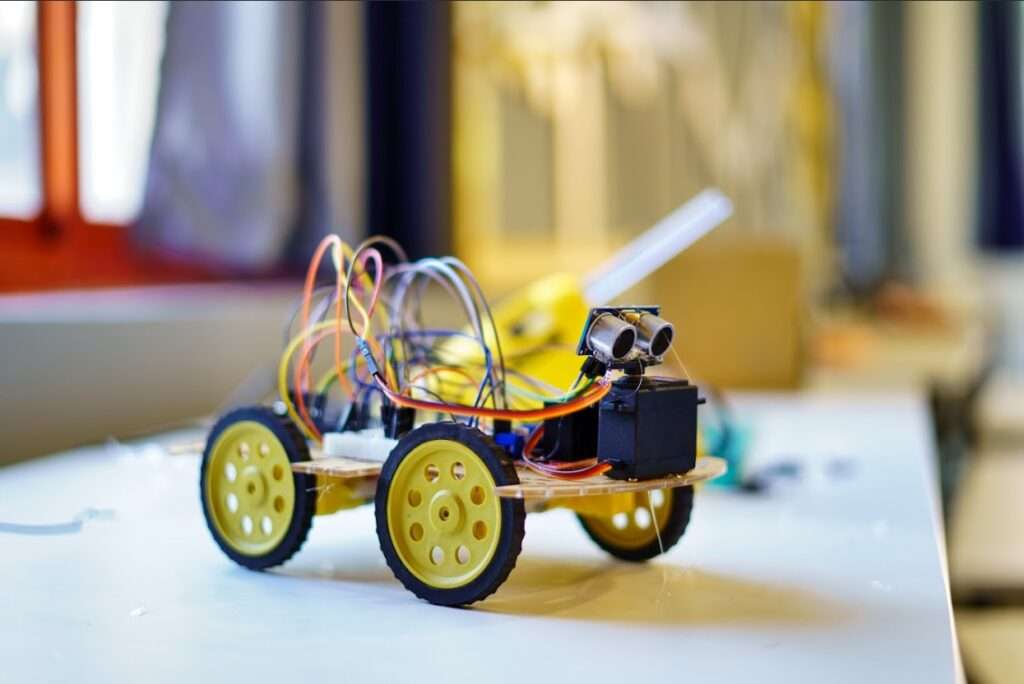Innovation Labs India: Transforming Schools Through Maker Spaces and Creative Learning Centres
India’s educational landscape is experiencing a revolutionary transformation through the establishment of innovation labs across schools nationwide. These cutting-edge facilities are reshaping how students learn, create, and innovate, positioning India as a global leader in educational modernisation.
The Rise of Innovation Labs in Indian Schools
Student innovation centres, Innovation Labs India, have become a cornerstone of the country’s educational reform strategy. With a vision to ‘Cultivate one Million children in India as Neoteric Innovators’, Atal Innovation Mission is establishing Atal Tinkering Laboratories (ATLs) in schools across India. This massive initiative represents one of the most comprehensive attempts to integrate practical learning and innovation into the traditional education system.
The scale of this transformation is unprecedented. According to the Government of India, 10,000 Atal tinkering labs (ATLa) have already been established in schools across the 722 districts in India. In the recent 2025 annual financial budget, the government announced to set up 50,000 more ATLs over the next five years.
Understanding Maker Spaces in Schools
Maker spaces, School technology programs represent a fundamental shift from passive learning to active creation. These dedicated areas provide students with tools, materials, and guidance to bring their ideas to life. In the Indian context, maker spaces are not just about technology—they’re about nurturing a culture of innovation and entrepreneurship from an early age.
The concept of maker spaces in educational settings goes beyond traditional laboratories. They serve as interdisciplinary environments where students can experiment with electronics, robotics, 3D printing, carpentry, and digital fabrication. These spaces encourage students to think like inventors, problem-solvers, and entrepreneurs.
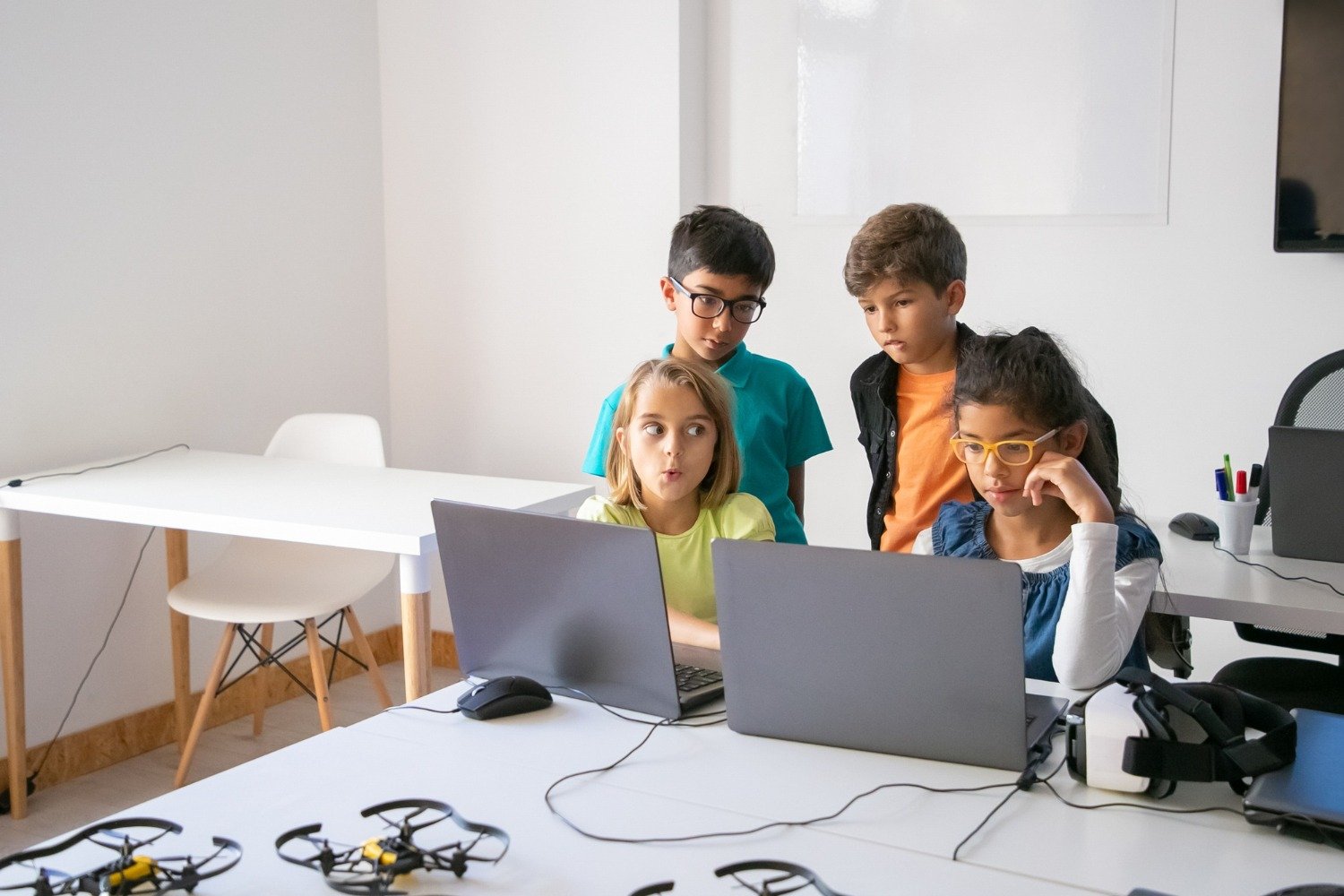
Student Innovation Labs India: Fostering Tomorrow’s Pioneers
Student innovation centres across India are designed to be more than just equipped rooms—they’re ecosystems of creativity and learning. These centres provide structured programs that guide students through the innovation process, from ideation to prototype development.
Atal Tinkering Labs (ATL) 1.1 Crore + Students actively engaged in ATLs demonstrate the massive reach and impact of these innovation centres. Students from grades 6 to 12 are actively participating in hands-on learning experiences that prepare them for the challenges of the 21st century.
Key features of successful student innovation centres include:
Collaborative Learning Environments: Students work in teams, sharing ideas and learning from each other’s diverse perspectives and skills.
Project-Based Learning: Rather than theoretical knowledge, students engage in real-world projects that have tangible outcomes and applications.
Mentorship Programs: Experienced professionals and educators guide students through complex projects, providing valuable insights and career guidance.
Competition and Showcase Opportunities: Regular events and competitions motivate students to push their creative boundaries and present their innovations to broader audiences.
School Technology Programs: Bridging the Digital Divide
School technology programs in India are addressing the critical need for digital literacy and technological competence among students. These programs integrate seamlessly with Innovation Labs India, providing students with the digital tools and knowledge necessary for modern innovation.
The technology programs focus on several key areas:
Coding and Programming: Students learn various programming languages and develop software solutions for real-world problems.
Robotics and Automation: Through hands-on robotics projects, students understand the principles of automation and artificial intelligence.
Internet of Things (IoT): Students explore how everyday objects can be connected and made intelligent through sensor technology and data analysis.
Digital Fabrication: 3D printing, laser cutting, and computer-controlled manufacturing tools give students the ability to create physical prototypes of their digital designs.
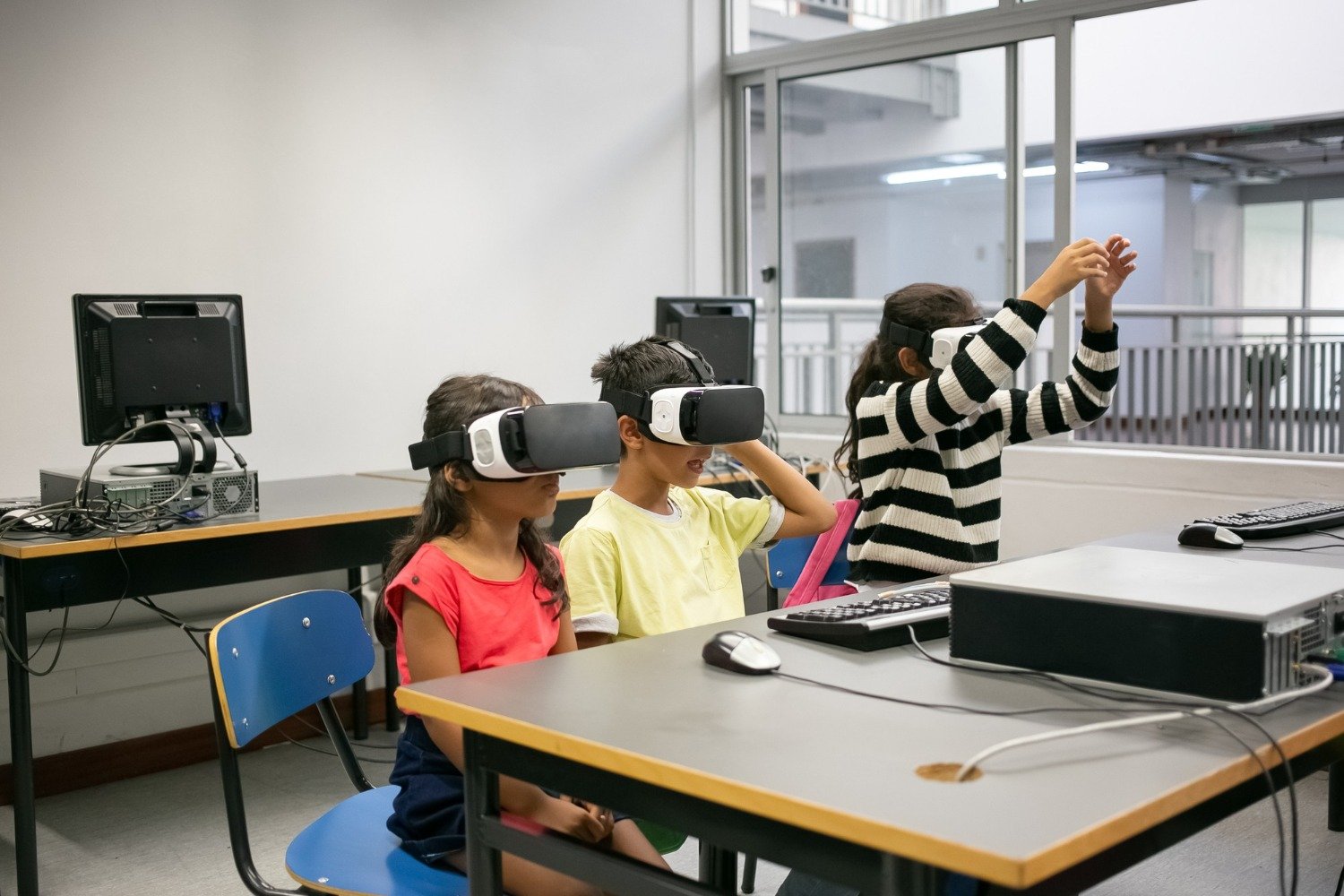
Educational Innovation Hubs: Centres of Excellence
Educational innovation hubs represent the next evolution of school-based Student innovation centres and innovation labs. These hubs serve multiple schools in a region, providing advanced equipment and specialised expertise that individual schools might not be able to afford independently.
SAI International School emphasises global exposure and innovative pedagogy. Their state-of-the-art innovation labs, entrepreneurship programs, and cultural exchange initiatives equip students to thrive in a globalised world.
These hubs offer several advantages:
Resource Sharing: Expensive equipment and specialised tools can be shared among multiple schools, maximising their utilisation and impact.
Professional Development: Teachers from various schools can receive training and support in implementing innovative teaching methods.
Community Engagement: Parents, local businesses, and community members can participate in educational programs and support student projects.
Research and Development: Advanced hubs research educational methodologies and develop new approaches to learning and teaching.
Creative Learning Labs: Nurturing Artistic and Technical Innovation
Creative learning labs represent a unique fusion of arts and technology, recognising that innovation often occurs at the intersection of diverse disciplines. These labs encourage students to explore creative expression through digital media, design thinking, and artistic creation.
The creative learning labs focus on developing:
Design Thinking: Students learn structured approaches to problem-solving that emphasise empathy, ideation, and iteration.
Digital Arts: Through software tools and digital platforms, students create multimedia content, animations, and interactive experiences.
Interdisciplinary Projects: Students combine technical skills with artistic vision to create innovative solutions that are both functional and aesthetically pleasing.
Cultural Innovation: Students explore how technology can preserve and promote cultural heritage while creating new forms of artistic expression.
The Impact on Indian Education
The implementation of innovation labs across India is yielding significant results in transforming the educational experience. Students are developing critical thinking skills, technological competence, and entrepreneurial mindsets that will serve them throughout their lives.
As education continues to evolve, embracing innovative approaches that prepare students for an ever-changing world is essential. Innovation Labs, by Invention Land Education, serve as a transformative space that nurtures creativity, ignites innovation, and inspires lifelong learning.
The benefits extend beyond individual student development:
Teacher Empowerment: Educators are developing new skills and teaching methodologies that make learning more engaging and effective.
Curriculum Integration: Maker spaces, school Innovation Labs India, are not separate from traditional subjects but integrate with mathematics, science, social studies, and language arts.
Career Preparation: Students gain exposure to potential career paths in technology, engineering, design, and entrepreneurship.
Social Impact: Many projects developed in innovation labs address local community challenges, creating positive social change.
Challenges and Solutions
While the expansion of Innovation ATal Labs India represents tremendous progress, several challenges must be addressed to ensure its continued success:
Infrastructure Requirements: Many schools lack the basic infrastructure needed to support advanced technology and maker spaces. Solutions include phased implementation, mobile lab units, and partnerships with local organisations.
Teacher Training: Educators need ongoing professional development to effectively utilise innovative lab resources. Comprehensive training programs and peer-to-peer learning networks are essential.
Funding Sustainability: Long-term funding for equipment maintenance, upgrades, and program expansion requires diverse funding sources, including government support, private partnerships, and community contributions.
Equity and Access: Ensuring that all students, regardless of their socioeconomic background, have access to innovation lab opportunities requires deliberate efforts to support underserved communities.
Future Prospects and Expansion
The future of innovation labs in India looks promising, with several trends indicating continued growth and evolution:
Artificial Intelligence Integration: Maker spaces, schools, AI tools, and platforms are being integrated into innovation labs, allowing students to explore machine learning and data science concepts.
Virtual and Augmented Reality: Immersive technologies are creating new possibilities for learning and creation within innovation labs.
Sustainability Focus: Environmental consciousness is driving the development of projects and programs focused on sustainable technology and green innovation.
Global Collaboration: Indian innovation labs are connecting with international partners, providing students with global perspectives and collaboration opportunities.
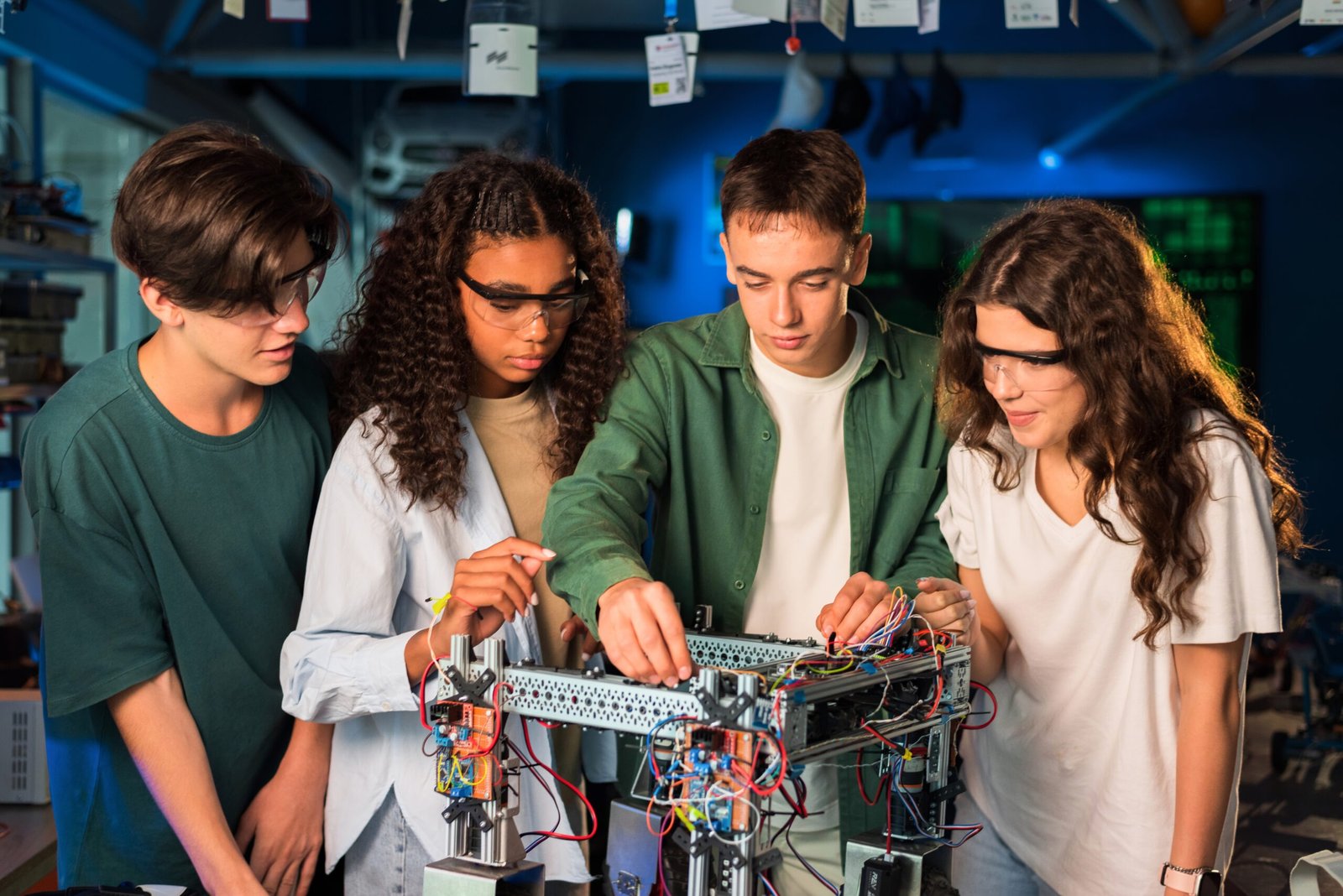
Conclusion
Innovation Labs India represents a transformative approach to education that is preparing students for the challenges and opportunities of the future. Through maker spaces, schools, student innovation centres, school technology programs, educational innovation hubs, and creative learning labs, India is creating a generation of innovators, entrepreneurs, and problem-solvers.
The success of these initiatives depends on continued investment, teacher development, and community support. As these labs continue to evolve and expand, they will play an increasingly important role in shaping India’s educational landscape and preparing students for success in an innovation-driven economy.
The journey toward comprehensive educational transformation through Innovation Labs India is ongoing, but the foundation has been laid for a future where creativity, technology, and innovation are integral parts of every student’s educational experience. This revolution in learning is not just changing how students learn—it’s changing what they can achieve and who they can become.

